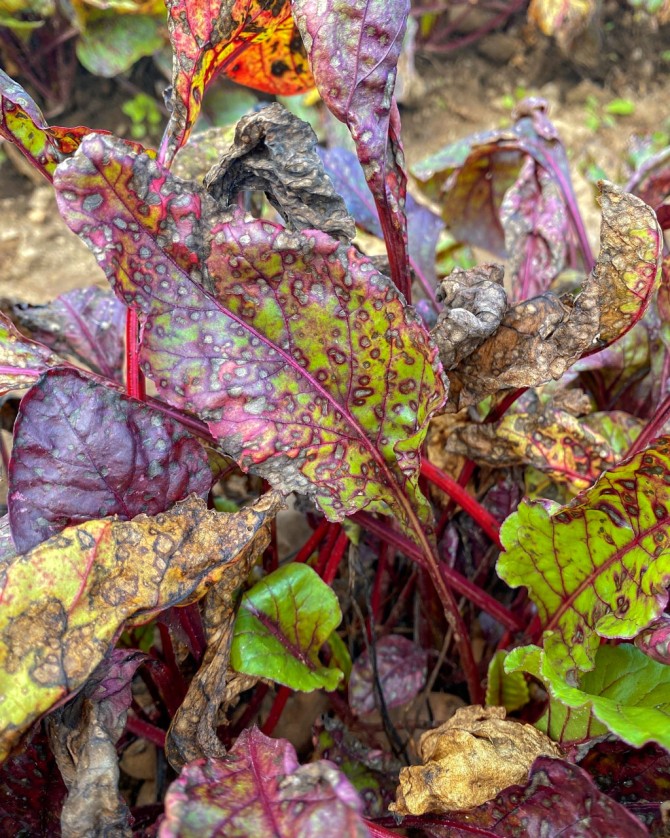The Hon Chris Bowen MP, Minister for Climate Change and Energy
The Hon Nick Duigan, Tasmanian Minister for Energy and Renewables
Consultation opens today on an offshore wind zone in Bass Strait off Tasmania’s north coast, which has the potential to unlock regional job opportunities and cleaner, cheaper energy for Tasmania.
The potential zone could support thousands of jobs during construction as well as ongoing jobs.
Offshore wind will support good, well-paid jobs providing plenty of cleaner, cheaper renewable energy, like engineers, electrical technicians, cable installers, boiler-makers, crane operators, riggers, divers, seafarers, dockworkers and administrators.
A new offshore wind industry represents a huge opportunity to boost Australian supply chains and local economies, in industries like steel and cement to advanced componentry.
That is why the government will require projects to demonstrate their commitment to using Australian manufactured inputs in their projects.
This information on the use of Australian suppliers and benefits for the local economy as well as commitments to deliver good direct local jobs and training, will be used by Government in assessing the merits of project licence applications.
One spin of one turbine generates as much power as an average rooftop solar installation does in a day, and they spin roughly 15 times a minute.
The new industry has the capacity to boost energy security and reduce volatile prices due to its power capacity and availability at times when solar power and onshore wind are not available.
The International Energy Agency has even referred to it as in a class of its own – variable baseload power
The zone open for consultation will be critical to Tasmania’s ambition to get to 200 per cent renewables and help support long-term energy security for local heavy industry in Tasmania.
The Commonwealth Government is seeking feedback on the proposed zone, which is least 20km from shore at its closest point, and 10,136 square kilometres.
Submissions to the consultation can be made any time from today until 31 January and the consultation will include five community drop-in sessions along the north coast of Tasmania from Burnie to Bridport, and Whitemark on Flinders Island in December, with more sessions to come in late January 2024.
Minister for Climate Change and Energy Chris Bowen said the consultation would provide a genuine opportunity for communities to have their say in the first part of the process for developing an offshore wind industry in Tasmania.
“The Bass Strait is renowned for its offshore wind resource – and this potential zone could transform Tasmania into a new clean energy powerhouse, spurring investment in Tasmanian communities, providing energy security for decarbonising heavy industry and creating thousands of jobs,” Minister Bowen said.
“This consultation period is vital for communities, industry and businesses to have their say on an offshore wind zone in Bass Strait from its earliest stages, and we encourage everyone to put a submission in or attend a community consultation.”
Tasmanian Minister for Energy and Renewables, Nick Duigan said:
“We are proud of our 100 years of hydro development which has made us a leader in the use of clean and sustainable renewable energy, and we believe offshore wind will enable us to take that legacy to the next level.
“The State needs more renewable electricity to put downward pressure on prices, secure our energy security, provide for the demand our growing economy and future industries need and continue our nation-leading zero emissions status.”
Information sessions will start the week commencing 4 December, providing an opportunity for all community members to ask questions and provide feedback on the zone.
Offshore wind projects cannot be developed outside of declared zones, and a zone must be declared before individual projects can apply for licensing and environmental approvals.
Before any individual project could commence proponents would also have to seek and also receive approval for feasibility licences and strict environmental regulations on any potential project.
In addition to the consultation period opening today – these processes provide multiple future opportunities to have their say on individual projects.








